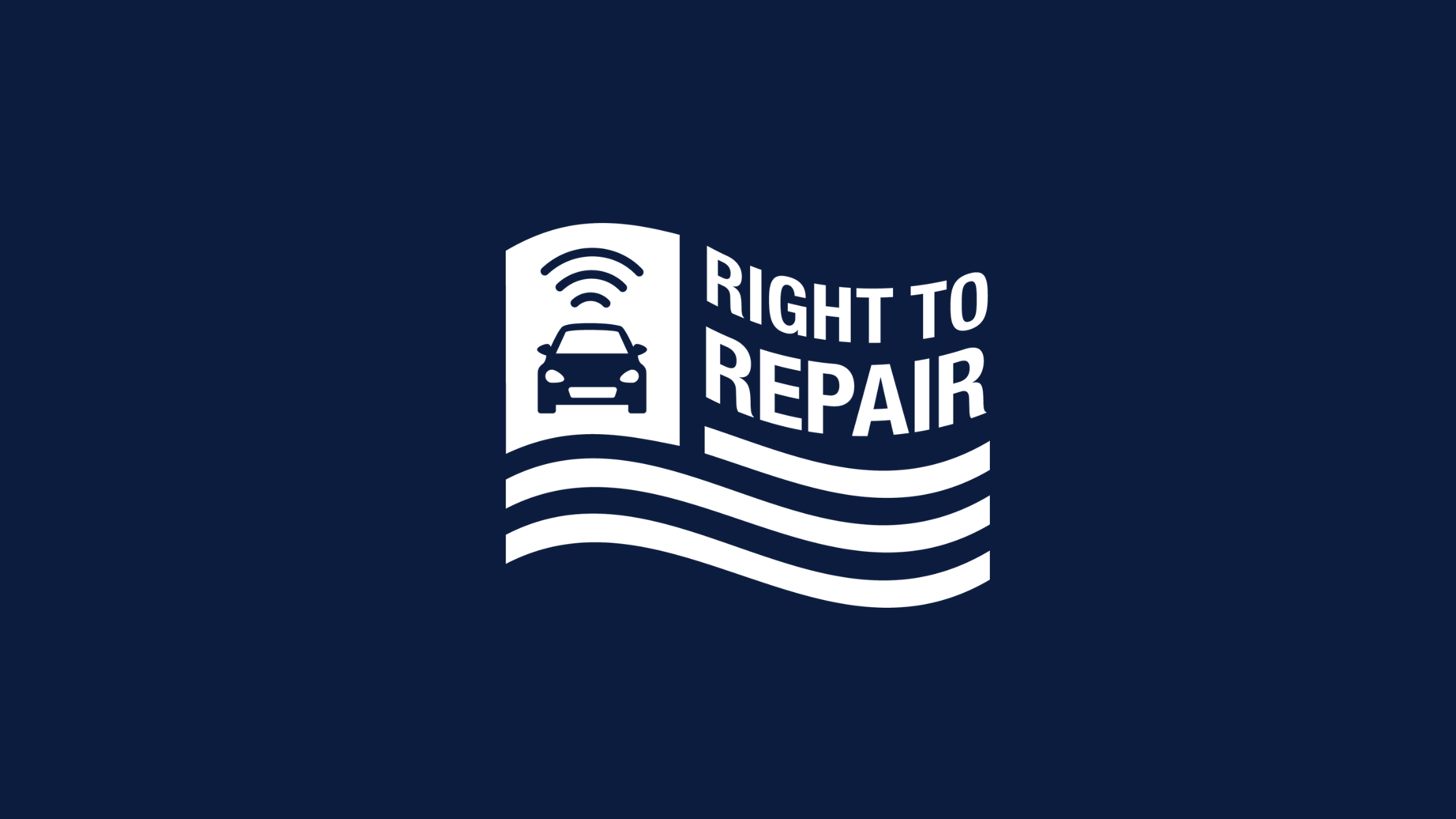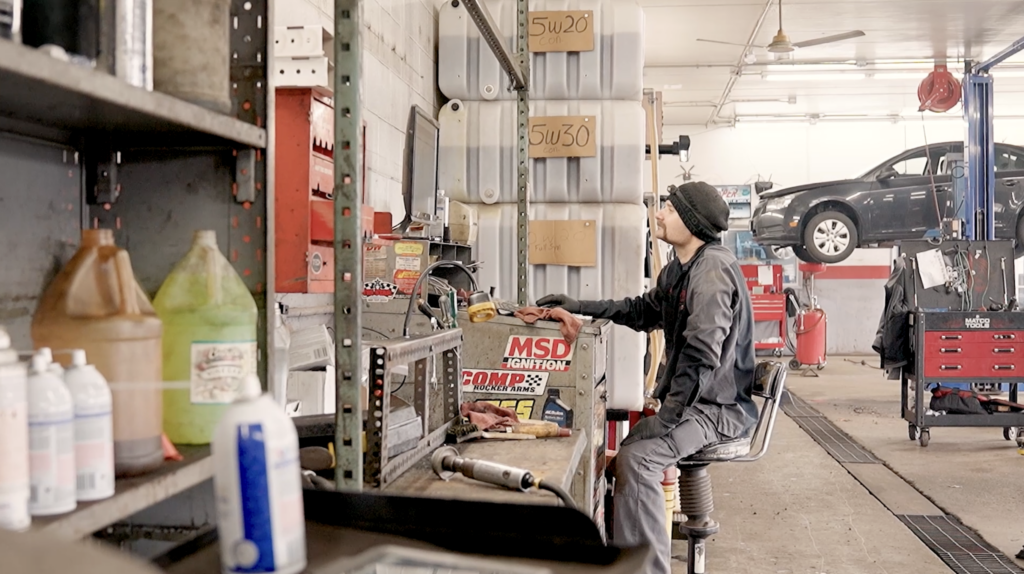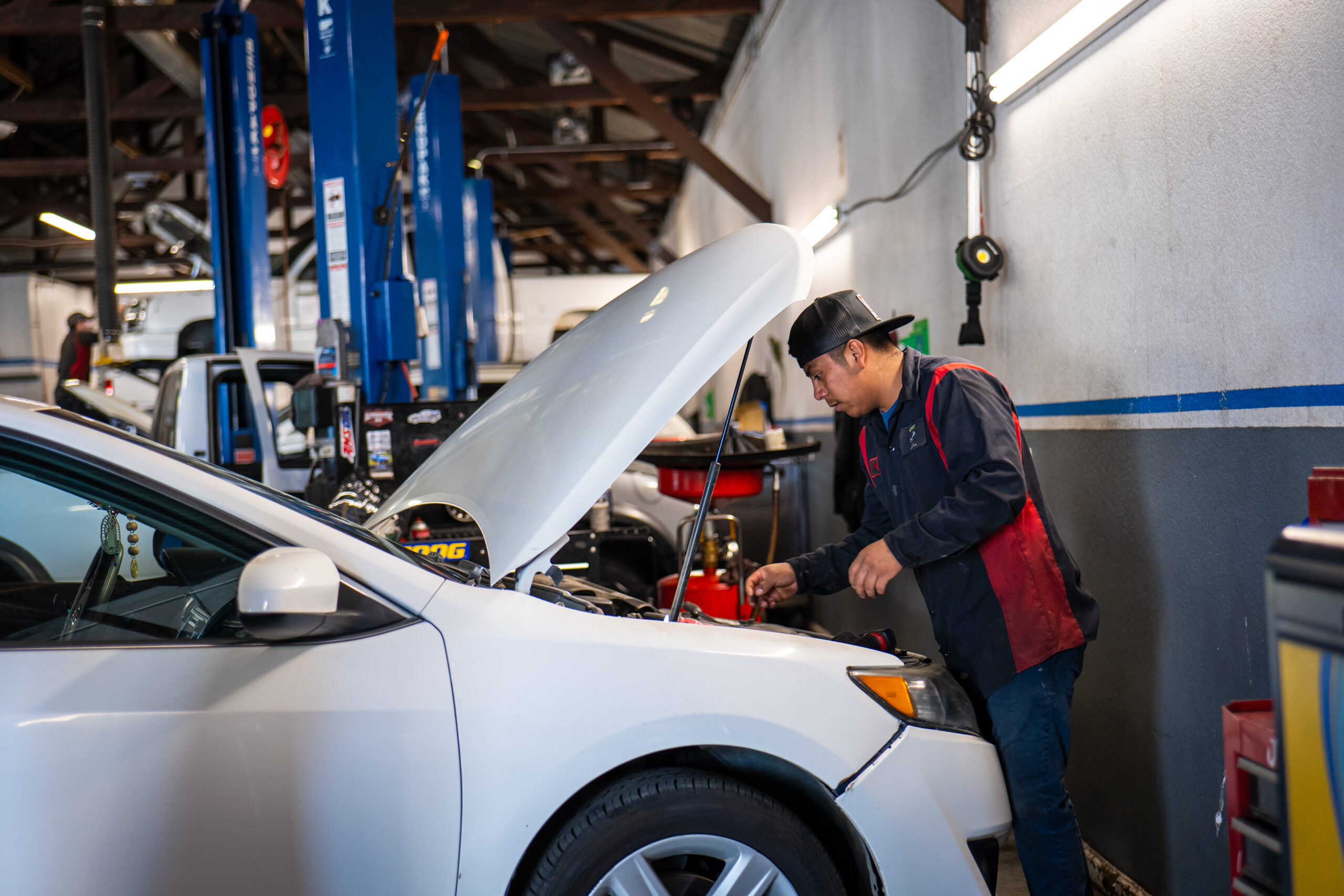
The automotive aftermarket is massive. Yet, “aftermarket parts” is a term that attracts both positive and negative opinions. Let’s start with a definition:
Aftermarket parts refer to automotive components that are produced by companies other than the original equipment manufacturer (OEM). These parts are designed to replace or enhance the original components in a vehicle and are available in a wide range of options, catering to various budgets, preferences, and performance needs.
Positive Traits of Aftermarket Parts
More Affordable: One of the most attractive advantages of aftermarket parts is they are friendlier on the wallet compared to OEM car parts. Since an aftermarket manufacturer has more flexibility in production, they can often offer parts at lower prices without compromising quality. Whether the intended use is to be a replacement part or a performance-enhancing part, the cost is usually lower than a part from the original manufacturer.
More Choice: Aftermarket car parts provide a wealth of options based on price, brand, styles, finishes, and functionality to suit customers’ wants and needs.
Great for Performance Enhancements: Aftermarket auto parts are often the go-to solution for customers looking to boost their vehicle’s performance. From exhaust systems, air intakes, and suspension upgrades to engine tuners and performance chips, aftermarket parts can increase horsepower, improve handling, optimize fuel efficiency, and much more.
Widely Available: Aftermarket parts are broadly available through various channels, including online retailers, repair shops, specialty shops, and automotive stores. The level of sheer accessibility of aftermarket parts makes them easier to find and purchase. Oftentimes, aftermarket parts are delivered faster than OEM parts.
Possible Negative Traits of Aftermarket Parts
Brand Quality and Fit: Aftermarket parts come in a wide range of quality levels which can be both positive and negative. When choosing an aftermarket part, it is important to research and choose reputable brands known for their reliability and compatibility with the make and model of the vehicle it’s being considered for. In many cases, aftermarket parts can meet or even exceed OEM part specifications. Some even come with warranties for the lifespan of the part and performance.
Installation Requirements: For the DIYers out there, some aftermarket parts may require professional installation to ensure proper fitment and functionality.
Vehicle Warranty Implications: It’s crucial to understand how aftermarket parts may affect a vehicle manufacturer’s warranty, as certain modifications could void specific warranty coverage.
Choosing the Right Aftermarket Part
Aftermarket parts are the bread and butter of independent repair shops because, more times than not, an aftermarket car part can replace an OEM part with the same level of quality and performance (or even better quality) at a lower price. However, whether you are a DIYer or an auto shop, do your homework on various aftermarket parts brands — research, read reviews, etc. — so that you can make an informed and confident decision that the part will have the right performance, durability, and safety for the vehicle that you are putting it into.
Work for an Auto Shop?
If you own or work for an auto shop, check out PartsTech to consolidate all of your favorite part suppliers and brands in one lookup. You can search for and order parts from multiple suppliers in one place in a few clicks. Auto shops already using PartsTech save an average of 10 minutes per repair order — It adds up!
Open a Free PartsTech Account!



